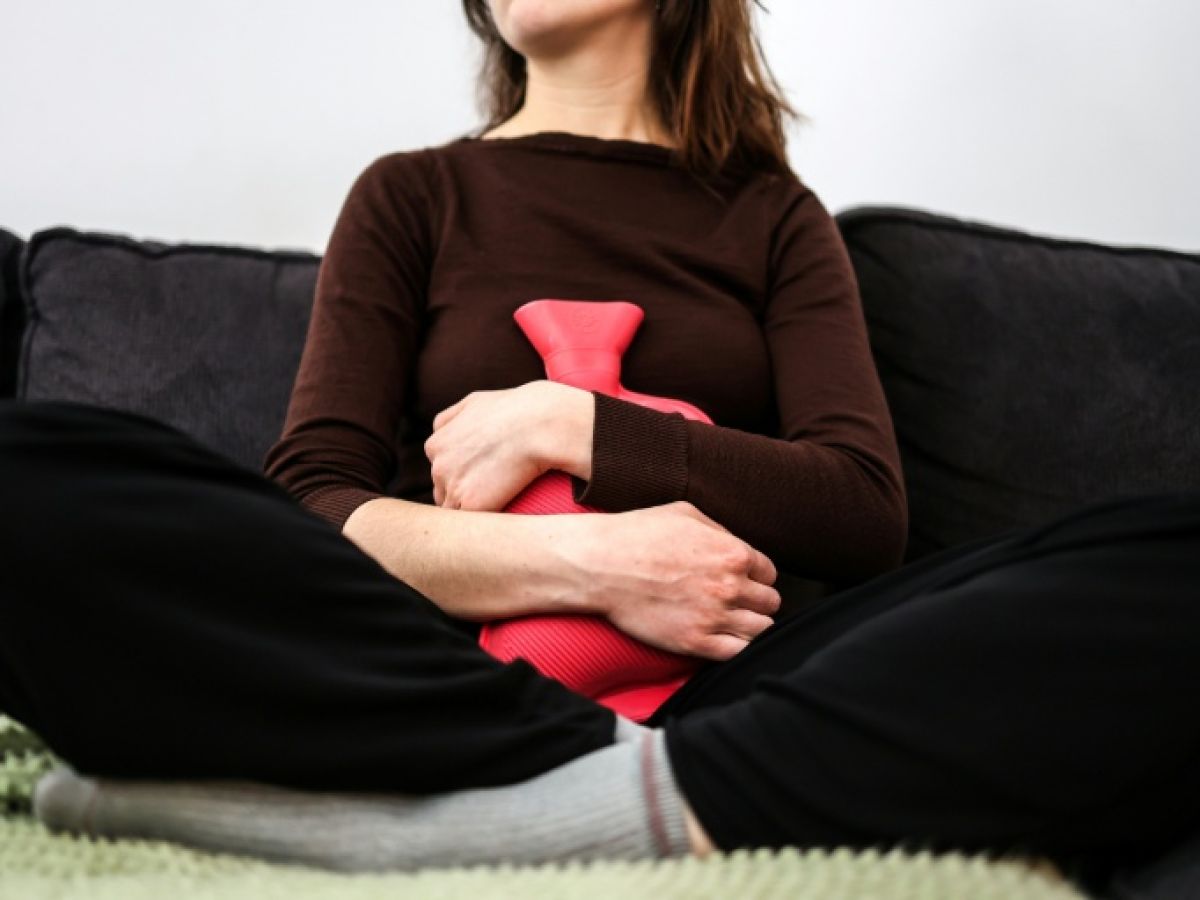The city and metropolitan area of Strasbourg announced on Monday that they have appealed the administrative court's decision preventing them from introducing gynecological leave for their employees.
"This Friday, August 22, the City and the Eurometropolis of Strasbourg jointly appealed the judgment handed down by the Strasbourg Administrative Court on the experimental gynecological health leave system introduced since September 2024 for the benefit of the community's employees," the two communities stated in a press release.
The Strasbourg administrative court, seized by the Bas-Rhin prefecture, annulled this measure at the end of June, considering that it could not be instituted by a community due to the lack of a legal framework.
"The signal being sent to women is that their bodies are not being taken into account, that their health and their suffering are not being taken into account," said Strasbourg Mayor (Les Ecologistes), Jeanne Barseghian, during a press briefing. "I have the impression that the reactionary wave we are experiencing is undermining a number of advances made by communities like Strasbourg, and so we are appealing this decision."
The rejected measure allowed female employees suffering from menstrual pain, endometriosis or menopausal symptoms to have 13 days of exceptional leave per year, upon presentation of a medical certificate.
Several communities, mostly led by the left, are experimenting with a form of menstrual leave, targeting painful periods, or gynecological leave, which covers broader pathologies.
These include the Nouvelle-Aquitaine region, the Lyon metropolitan area, the town of Saint-Ouen (Seine-Saint-Denis) and several municipalities in the Grenoble metropolitan area.
These measures are often challenged in court by the prefectures, which contest their legality.
Bills aimed at allowing local authorities to introduce it were rejected in parliament in 2024.
"We are convinced that we are moving in the direction of history, and that with our parliamentarians, we will be able to change the law, and we also hope that the appeal will contribute to this development," declared Jeanne Barseghian.
"It's not much to ask just to be able to work without being bombarded with painkillers and painkillers. For anyone else, we would find that normal. It's normal for everyone, except for women," added Sandra Regol, MP (Les Ecologists) for Bas-Rhin.

